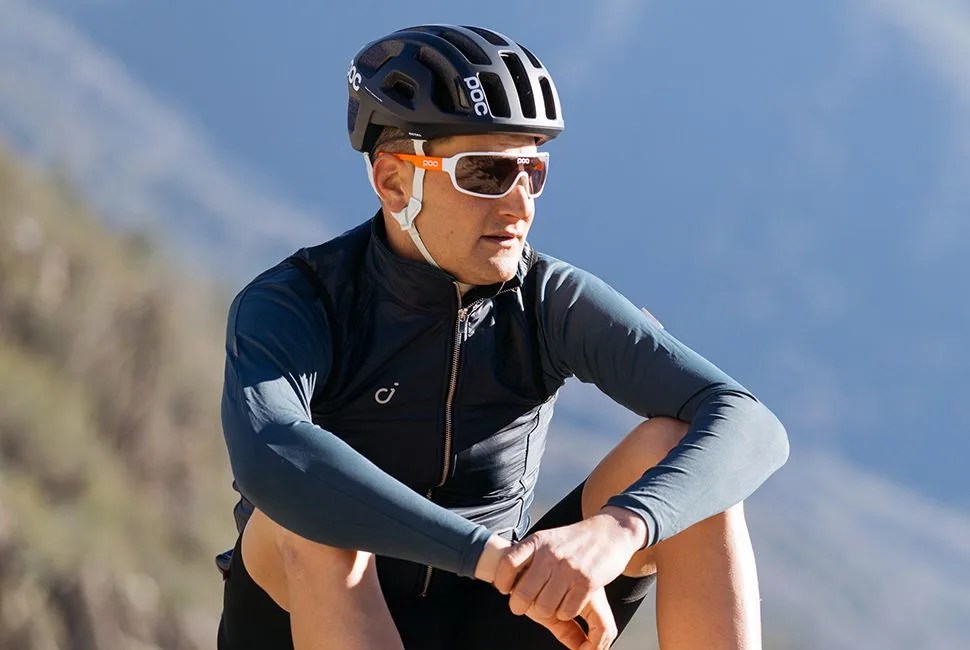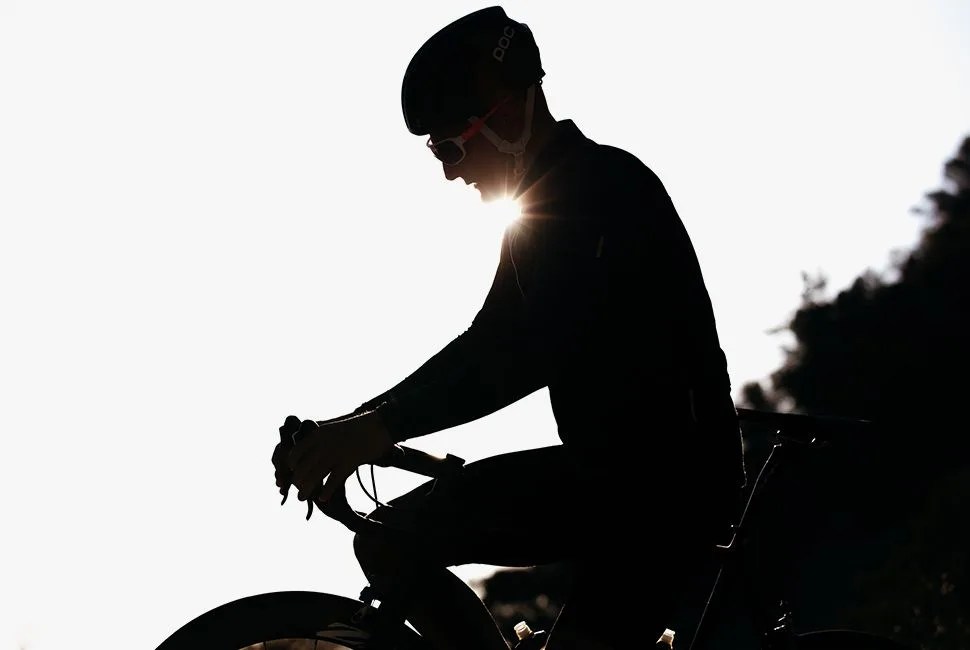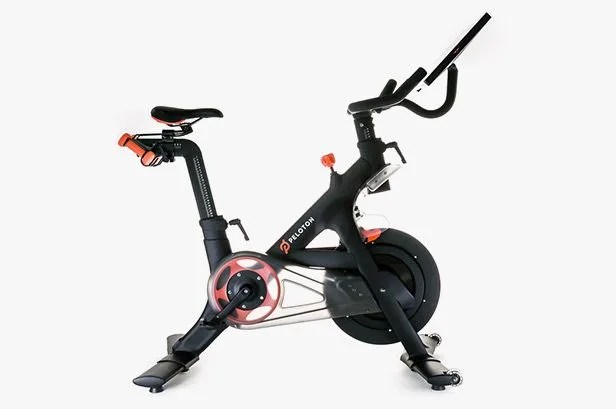Ted King — tall at six foot two, moderately sized for a cyclist, affably generous with both wit and smile — is a 32-year-old cycling veteran. The end of 2015 marked his retirement from a 10-year career in racing. King was part of an interesting subset of the pro cycling team — he was a domestique, one of the riders not in contention for the GC (General Classification), not a sprinter, not a climber. He rode to ensure that the team did the best and that those on his squad that should win, could win.
In all, King’s former role matches his current personality: he’s a level-headed, pragmatic, good-natured guy. In addition to being a former pro cyclist, he also runs a maple syrup nutrition company, Untapped (he’s from New Hampshire), and he’s interested in plugging his economics degree into good use in the civilian world. After a 90-minute spin class at New York City’s Peloton Cycle, King and I sat on the floor, covered in sweat, and discussed the impact of leaving the pinnacle of one’s sport, the endearing side of cycling’s quirks, and what’s next for cycling in the USA.
Q. So, let’s start with this: what led to your decision to retire? And, how’s retirement going?
A. I’ve been racing for 10 years, and the decision to retire comes as a result that I’ve done everything in the sport that I’ve wanted to do. I’m one of the 90 percent who are domestiques, as opposed to the top 10 percent who are racing exclusively to get results. So I mean I’ve done everything I want to do. I’ve raced the Tour de France, I’ve raced the spring classics, I’ve raced the grand tours — Giro d’Italia, World Championships. And I’ve been a part of tremendous success in great teams, and I look at what I want to do the rest of my life, and this was a really good time to retire.
Q. You were at the pinnacle of your sport. And after this, you can never go back. How do you account for that?
A. Yeah, you’re very aware that this is the pinnacle. There was no lack of thought, there was no lack of decision-making; it’s many months in the making. But I just knew this was a good place for me and 10 years is a very respectable career.
Cycling is a thread that’s sewn through us, you know, you can’t give up on it entirely.
Q. What do you look forward to now?
A. The entire sport of cycling is changing a lot right now. There’s a lot less — especially on American soil — focus on criteriums. There’s a lot less focus on driving three hours to do a 45-minute race. In cycling, the success rate is 10 percent. If you win 10 percent of the races, you’re phenomenal. So what you see now is so many more experiential rides — people riding for the love of riding. Riding with their friends, riding to take a bike on a road you wouldn’t otherwise be on. And I’ve teamed up with a lot of really great sponsors that are helping me pursue that. I’m still going to be in the realm of cycling, but it’s not with a number on my back.
Q. But cycling has you still captivated.
A. I think if you put this much time and energy and soul into this sport, you have to have a love for it. The sport is too hard just to really call it a “job” and say it is a 9 to 5. I mean you live it. It’s 365 days a year, it’s 24/7. So to quit cold turkey would just be a mind bender. Like, it’s not something that’s healthy. And I still absolutely love riding bikes, I love the freedom, I love the experience, I love just how it is on the bike. Cycling is a thread that’s sewn through us, you know, you can’t give up on it entirely.


